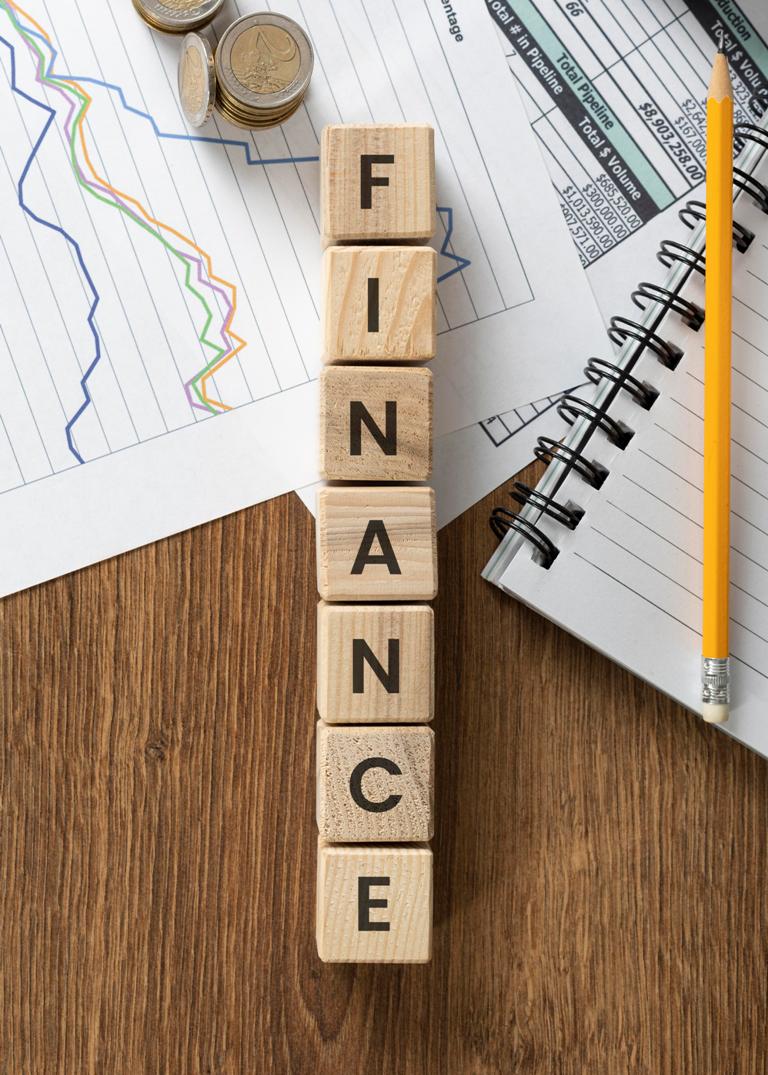Are you facing the difficult decision of how to end a long distance relationship? This comprehensive guide offers practical advice and strategies to navigate this challenging process with compassion and clarity.
Table of Contents
- Signs it’s Time to End the Relationship
- Preparing for the Breakup
- Strategies for Ending the Relationship
- Coping with the Aftermath
Key Takeaways
- Recognize signs indicating it may be time to end your long distance relationship.
- Prepare yourself emotionally and practically for the breakup.
- Implement effective strategies for ending the relationship with honesty and compassion.
- Focus on self-care and healing as you navigate through the aftermath of the breakup.
Signs it’s Time to End the Relationship
Emotional Strain and Disconnection
In any relationship, emotional connection is vital. In a long distance relationship, this connection can be challenging to maintain. Signs that it may be time to end the relationship include:
- Feeling emotionally disconnected from your partner.
- Difficulty communicating openly and honestly about your feelings.
- Lack of excitement or joy when thinking about your future together.

Lack of Future Plans or Commitment
A lack of future plans or commitment can indicate that the relationship may not be sustainable in the long run:
- Your partner hesitates or avoids discussing future plans together.
- You feel uncertain about your partner’s level of commitment to the relationship.
- Your goals and aspirations for the future no longer align with your partner’s.
Communication Breakdown
Communication is the cornerstone of any successful relationship, especially in a long distance relationship. Signs of communication breakdown that may indicate it’s time to end the relationship include:
- Frequent arguments or misunderstandings that remain unresolved.
- Feeling unheard or dismissed by your partner when expressing your needs or concerns.
- Avoidance or reluctance to communicate openly about important issues.
Preparing for the Breakup
Self-reflection and Introspection
Before initiating the breakup, take time for self-reflection and introspection:
- Consider your reasons for wanting to end the relationship and whether they are valid and justified.
- Reflect on your own emotions and how the relationship has impacted your well-being.
- Think about what you want and need in a future relationship and whether your current partner can meet those needs.

Building a Support System
Ending a relationship, especially a long distance one, can be emotionally challenging. Surround yourself with supportive friends and family members who can offer encouragement and understanding:
- Share your feelings and concerns with trusted loved ones who can provide empathy and support.
- Seek advice from friends or family members who have gone through similar experiences.
- Consider talking to a therapist or counselor for professional guidance and perspective.
Financial Considerations
Ending a long distance relationship may involve practical considerations, especially if you share finances or assets with your partner:
- Review any joint accounts or shared expenses and make arrangements for their division.
- Consider the financial implications of living arrangements, especially if you cohabitated during visits.
- Consult with a financial advisor or lawyer if necessary to ensure a smooth transition.

Strategies for Ending the Relationship
Honest and Open Communication
When ending a long distance relationship, honesty and transparency are key:
- Schedule a time to have a candid conversation with your partner about your feelings and decision to end the relationship.
- Express your thoughts and emotions openly and respectfully, avoiding blame or accusations.
- Listen to your partner’s perspective and validate their feelings, even if you disagree.
Choosing the Right Time and Method
The timing and method of ending the relationship can greatly impact both you and your partner:
- Choose a time when both you and your partner can have an uninterrupted and private conversation.
- Consider whether a face-to-face conversation, phone call, or video call would be most appropriate for the circumstances.
- Be prepared for an emotional response from your partner and allow them the space to express their feelings.
Setting Boundaries and Expectations
Establishing clear boundaries and expectations can help facilitate a smoother transition out of the relationship:
- Discuss how you will handle communication and contact following the breakup, such as taking a period of no contact.
- Agree on how shared belongings or assets will be divided and make arrangements accordingly.
- Clarify your expectations for post-breakup interactions, such as remaining friends or maintaining distance.
Coping with the Aftermath
Dealing with Grief and Loss
Ending a long distance relationship can evoke feelings of grief and loss:
- Allow yourself to grieve the end of the relationship and acknowledge any painful emotions that arise.
- Lean on your support system for comfort and companionship during this challenging time.
- Engage in activities that bring you joy and help distract you from dwelling on negative emotions.

Self-care and Healing
Focus on self-care and healing as you navigate through the aftermath of the breakup:
- Practice self-compassion and treat yourself with kindness and understanding.
- Engage in activities that nourish your mind, body, and soul, such as exercise, meditation, or creative hobbies.
- Seek professional help if needed, such as therapy or counseling, to process your emotions and develop healthy coping mechanisms.
Moving Forward and Finding Closure
As you begin to heal, focus on moving forward and finding closure:
- Reflect on the lessons learned from the relationship and how you can grow from the experience.
- Set new goals and aspirations for yourself, both personally and professionally.
- Stay open to new opportunities and experiences, knowing that each day brings the possibility of growth and renewal.
Frequently Asked Questions (FAQs)
1. How do you know when it’s time to end a long distance relationship?
Knowing when to end a long distance relationship can be challenging, but some signs include:
- Consistent communication problems.
- Lack of future plans together.
- Feeling emotionally disconnected.
2. What are the common challenges in ending a long distance relationship?
Some common challenges include:
- Dealing with the emotional fallout.
- Establishing new routines and adjusting to life without your partner.
- Handling shared responsibilities and belongings.
3. How do you prepare emotionally for ending a long distance relationship?
To prepare emotionally, it’s essential to:
- Allow yourself to feel and process your emotions.
- Lean on your support system for comfort and guidance.
- Engage in self-care activities that promote healing and well-being.
4. Is it possible to remain friends after ending a long distance relationship?
Remaining friends after a breakup is possible, but it may require:
- Time and space to heal.
- Clear communication and boundaries.
- Respecting each other’s feelings and needs.
5. What are some healthy coping mechanisms for dealing with the end of a long distance relationship?
Healthy coping mechanisms include:
- Engaging in physical activity to relieve stress.
- Practicing mindfulness and meditation.
- Expressing your feelings through journaling or creative outlets.








Leave a Comment